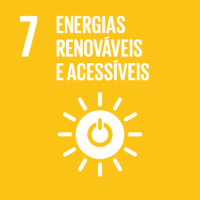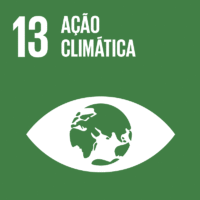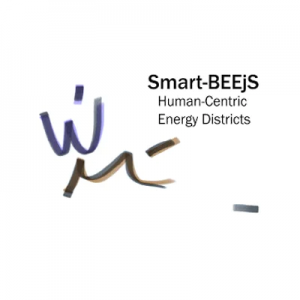The EU has used the Strategic Energy Technology Plan to transfer power to consumers, by decentralising the energy ecosystem by establishing “100 positive energy districts by 2025 and 80% of electricity consumption to be managed by consumers in 4 out of 5 households”. The SMART-BEEjS recognises that this requires the systemic synergy of the different stakeholders, balancing attention towards technological and policy oriented drivers, citizens and society needs, providers and technology capabilities and value generation system synergies in order to deliver the transition without leaving large parts of the population behind. Smart-BEEjS covers all angles of this eco-system, to train a generation of transformative and influential champions in policy design, techno-economic planning and business model innovation in the energy and efficiency sectors, mindful of the personal and social dimensions, as well as the nexus of interrelation between stakeholders in energy generation, efficiency and management.
Five objectives have been set to develop:
• a practical tool that popularises the evidence based knowledge of the relationships between socio-economic factors and citizens’ practices, enabling citizens to become active promoters of PEDs;
• strategies that can positively influence citizens towards sustainable behaviour patterns, which will be used to advise at city/town council level;
• a methodology for systemic planning of infrastructure investments that can be recommended at city/town level in order to transition towards PEDs, by designing a systemic modelling approach combining techno-economic aspects and pathways toward the creation and sustainability of PEDs;
• an evidence-based policy and incentives pathway for tackling energy injustice and poverty, by an effective design of policy implementation at PED level;
• a user-based value generation tool that initiates user-centric business models and value proposition designs exploring PEDs, without the need for subsidies
| Centro de Investigação | Grupo de Investigação | Papel no Projeto | Data de Início | Data de Fim |
|---|---|---|---|---|
| CIS-Iscte | PsyChange: Psicologia da mudança societal | Parceiro | 2019-04-01 | 2025-07-03 |
| Instituição | País | Papel no Projeto | Data de Início | Data de Fim |
|---|---|---|---|---|
| THE NOTTINGHAM TRENT UNIVERSITY (TNTU) | Reino Unido | Líder | 2019-04-01 | 2025-07-03 |
| ACCADEMIA EUROPEA DI BOLZANO (Eurac Research) | Itália | Parceiro | 2019-04-01 | 2023-03-31 |
| TECHNISCHE UNIVERSITAET WIEN (TU WIEN) | Áustria | Parceiro | 2019-04-01 | 2023-03-31 |
| INSTITUTO TECNOLOGICO DE CANARIAS, S.A. (ITC) | Espanha | Parceiro | 2019-04-01 | 2023-03-31 |
| UNIVERSITAT BASEL (UNIVERSITAT BASEL) | Suíça | Parceiro | 2019-04-01 | 2023-03-31 |
| WAGENINGEN UNIVERSITY (WU) | Países Baixos (Holanda) | Parceiro | 2019-04-01 | 2023-03-31 |
| Leibniz-Institut für Wirtschaftsforschung e.V. (RWI) | Alemanha | Parceiro | 2019-04-01 | 2023-03-31 |
| Nome | Afiliação | Papel no Projeto | Data de Início | Data de Fim |
|---|---|---|---|---|
| Susana Batel | Investigadora Auxiliar (DPSO); Investigadora Integrada (CIS-Iscte); | Coordenadora Local | 2019-04-01 | 2023-03-31 |
| Maria Luísa Soares Almeida Pedroso de Lima | Professora Catedrática (DPSO); Investigadora Integrada (CIS-Iscte); | Co-orientadora de um doutoramento | 2019-04-01 | 2023-03-31 |
| Vasco Rato | Professor Associado (DAU); Investigador Integrado (ISTAR-Iscte); | Co-orientador de um doutoramento | 2019-04-01 | 2023-03-31 |
Não foram encontrados registos.
Não foram encontrados registos.
Não foram encontrados registos.
Não foram encontrados registos.
Não foram encontrados registos.
Com o objetivo de aumentar a investigação direcionada para o cumprimento dos Objetivos do Desenvolvimento Sustentável para 2030 das Nações Unidas, é disponibilizada no Ciência_Iscte a possibilidade de associação, quando aplicável, dos projetos científicos aos Objetivos do Desenvolvimento Sustentável. Estes são os Objetivos do Desenvolvimento Sustentável identificados para este projeto. Para uma informação detalhada dos Objetivos do Desenvolvimento Sustentável, clique aqui.

 English
English





